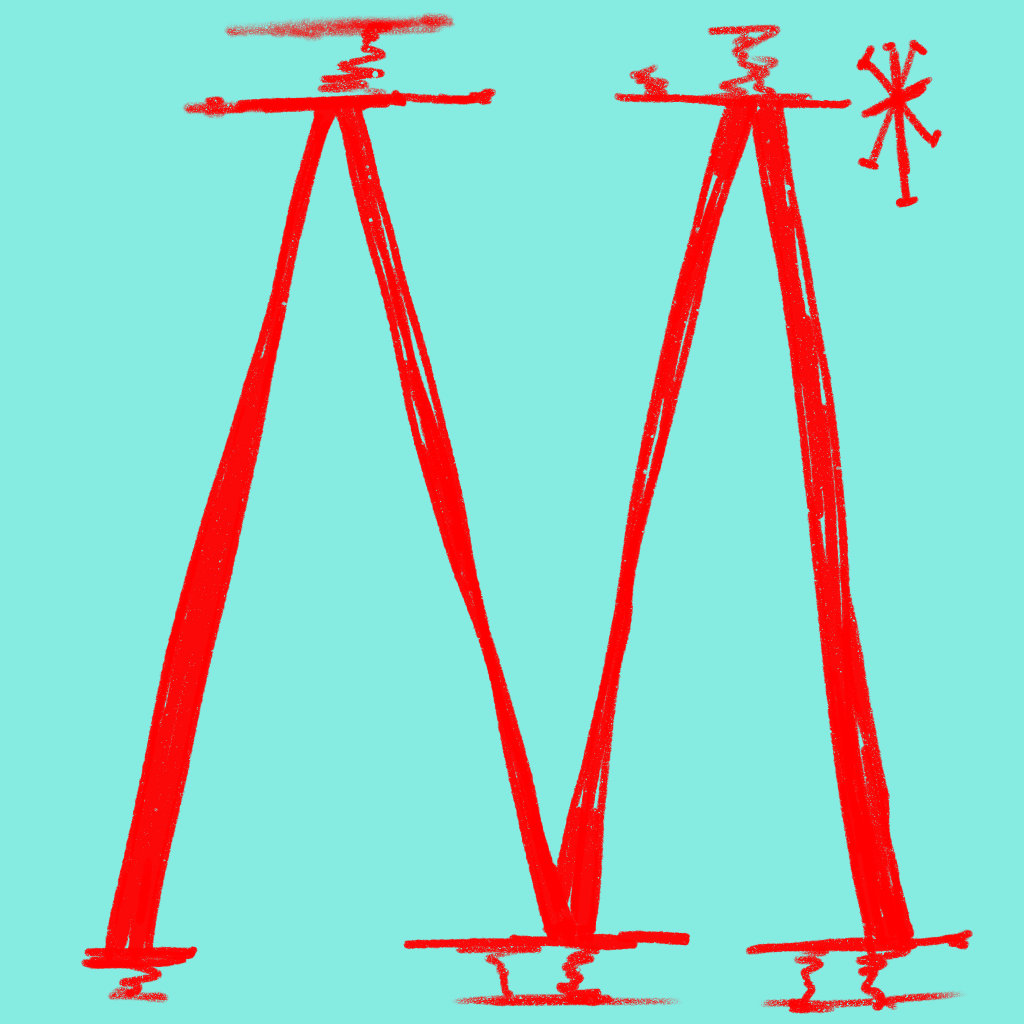WHAT
How can we find routine methods (everyday ways) to remember loved ones without relying on traditional tombstones or altars?

WHY
In my last project, I explored modernizing death rituals through a cross-cultural lens, comparing traditional practices in my culture to attitudes toward death in London.

However, Cecilia’s feedback about how children perceive the death of a loved one made me reflect on my own experiences.

I never knew my grandfather, who passed away before I was born, because my family rarely spoke of him. and for a long time, I never found it strange. every year during Qingming Festival, I would kowtow three times in front of a tombstone, knowing only that it was a tradition to honor ancestors.
It was only after hearing a classmate’s essay about her grandfather that I realized this missing figure in my life. This realization led me to question my mother about him.
INTERVIEW/RESEARCH
WITH MY MOM:
I asked my mom if there were any items of sentimental value remaining after my grandfather passed away, and her response was unexpectedly plain; there was nothing particularly special. If anything, it would be the old house. She mentioned that people from that era didn’t focus much on the self, nor did they leave behind items of significant sentimental value.
Looking through photos of the old house, it feels like a space that has stored memories.

WITH EVELYN:
In a conversation with Evelyn, she shared a story about a child who lost their father in an earthquake. The family, out of kindness, did not mention the deceased father in front of the child. They told the child in vague terms without explaining death or attempting to find an appropriate way to communicate it, believing that the child would understand as they grew older. In a way, this vagueness obscured the child’s memories of their father’s presence and existence, indirectly depriving the child of their own way to remember their father.

WHY:
Missing out on remembering a loved one, or being deprived of a way to mourn, can be regrettable. If I can find a way to remember on my own, a daily method of remembrance that differs from traditional ancestor worship, that might be valuable to me.


HOW:

